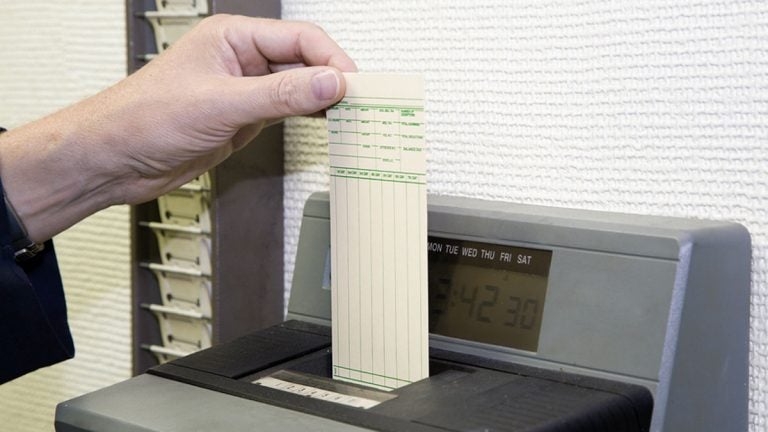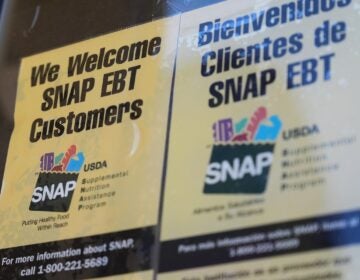Wage theft legal clinics reach out to Asian-Americans in Philly

(Big Stock photo)
Community Legal services now offers free weekly legal support for workers who are victims of wage theft, and it’s holding the clinics in places to reach Asian-Americans.
Chi- Ser Tran, who studied at Temple University and got a fellowship from Yale, runs the clinics in South Philly and in Chinatown. She says that a combination of poverty and language barriers has made it hard for Asian-American immigrants to know their rights.
“Sometimes they don’t know that they’re entitled to overtime or that they’re entitled to minimum wage. Or even that they’re entitled to be paid for their last week of work if they were fired for some reason,” she said.
Asian-Americans are one of the city’s fastest growing immigrant populations. Between 2000 and 2010, Philadelphia’s community grew by 43 percent, while the city just grew 1percent overall.
“Another purpose of this project is to combat the model minority myth,” said Tran. “That’s this notion that Asian Americans are generally well off and that they don’t face any issues in society,” she said.
In Philadelphia, a quarter of the Asian-American community lives in poverty. Tran says her clients work in nail salons, paper factories, and janitorial jobs; but often are unaware of their rights to fair pay, or are wary of upsetting an employer that supports the community.
“The challenge is getting the client to feel comfortable enough to come to us,” said Tran. “And part of that is education and letting them know that they have the right to be paid at least minimum wage and they shouldn’t be afraid to stand up for their rights. Even if they’re undocumented they have the right to paid be paid for their work.”
Philadelphia City Council estimates that over 90,000 workers in Philadelphia are victims of wage theft, losing 15 percent of their paycheck per week on average. Council passed the city’s wage theft ordinance last fall, and created an office dedicated to handling worker complaints.
Tran says that while the city is on the right track, Asian-American workers who don’t speak English are at a greater risk for wage theft, and have a harder time accessing translations into their native language. To address this need, the clinics will be held at the Southeast Asian Assistance Association Coalition (SEAMAAC) and the Holy Redeemer Chinese Catholic Church in Chinatown. Running through August, clients of the clinics will have lawyers counsel them on their options, which include bi-lingual mediation with employers, and legal representation in court.
WHYY is your source for fact-based, in-depth journalism and information. As a nonprofit organization, we rely on financial support from readers like you. Please give today.




